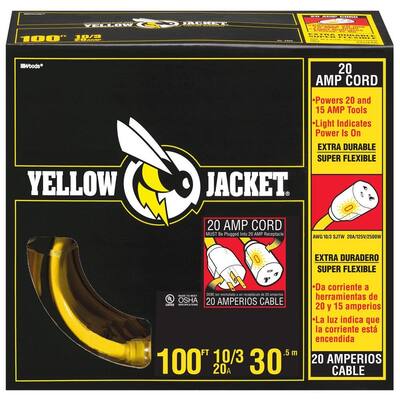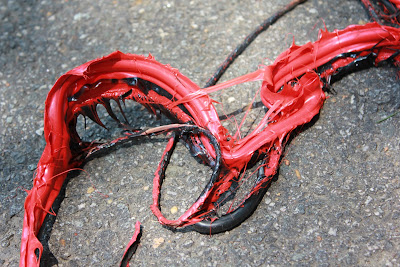Hi I'm so new in this EV world, in fact, I'll pick up my LEAF tomorrow.
Before I move to a house with garage, I'll have to park the leaf 30ft from the outlet on wall. So I need an extend cord on the road from sell to home.
Here's my question: Can I go to Walmart to buy a 15A extend cord is it strong enough?
Thanks very much!
Before I move to a house with garage, I'll have to park the leaf 30ft from the outlet on wall. So I need an extend cord on the road from sell to home.
Here's my question: Can I go to Walmart to buy a 15A extend cord is it strong enough?
Thanks very much!


